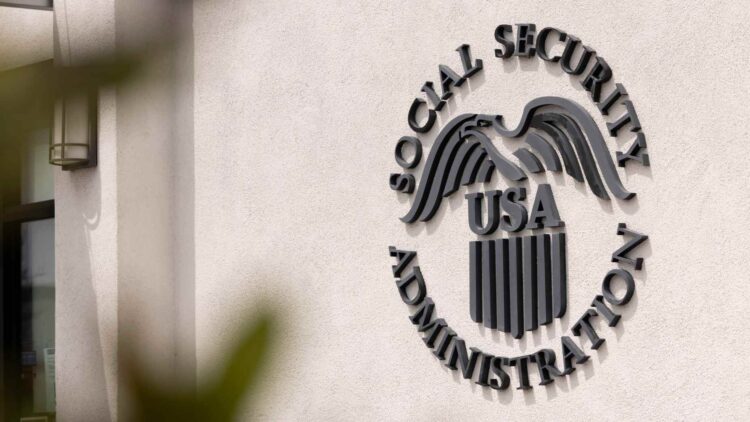Although it may seem like it never changes, the Social Security Administration (SSA) is constantly updating their programs and policies to keep up with the times and ensure that the service they provide is as good as possible and that beneficiaries can access their payments and data with ease. However, the last change they are attempting to implement may not be in the best interests of recipients.
Until now, you could choose to receive your benefits either by check or via electronic transfer. This was made to ensure that those people without access to a bank account due to age or location (banking deserts are an unfortunate reality in the United States) could still receive their checks and cash them at their convenience. The system has worked for decades, and each year with the rise of online banking and the changes in demographics more and more people choose to receive their payments electronically, but there are still many beneficiaries that are choosing to get their payments in the mail.
The new way beneficiaries will have to receive their payments from the SSA
This allowance for preference is ending soon. A new executive order signed by President Donald Trum will stop the Social Security Administration (and the Internal Revenue Service as well as other federal organizations) from sending payments via check.
This decision was seen as spur of the moment for those who are unaware of the new President’s hatred for paper, but he seems dedicated to eliminating the expense of paper from the federal budget. Additionally, the new administration believes that by using electronic methods there will be a strengthening in security and the prevention of fraudulent activity within the system. This is in line with the new policies that the new Department of Government Efficiency (DOGE) is implementing to attempt to root out fraud and cut administration costs.
Along with the inability to receive checks in the mail, this new policy requires every single person that is registering for the first time or requesting changes to their accounts to go in person to an SSA office to identify themselves. Failure to do so could result in the suspension of benefits as it would be considered fraudulent activity.
According to DOGE this change in procedure comes following internal reviews that uncovered significant funds mistakenly allocated to deceased individuals, so strengthening identity verification measures to prevent such errors and ensure benefits reach only those who qualify is the only way forward.
Acting Social Security Commissioner Lee Dudek clarified that some applications, including those for Medicare, Disability Insurance, and Supplemental Security Income (SSI), will not require in-person identity verification. He emphasized that these programs already incorporate multiple layers of verification throughout the approval process, plus, many of those who qualify are unable because of their conditions to appear in person, which qualifies it as an undue burden and thus against the law.
Any beneficiary that believes that they cannot comply with the changes, either because they have no access to a bank account or because they are unable to appear in person should contact the Social Security Administration to talk about getting an exemption, which is allowed even during this new era.
To eliminate the possibility of mistakes and misinformation to the public, the SSA has delayed the implementation of the executive order by two weeks to provide staff training, so the policy will become effective starting April 14. Dudek highlighted that this change is one aspect of a larger initiative aimed at enhancing support for vulnerable communities. The adjustment takes into account input from lawmakers, advocacy organizations, and beneficiaries, but only time will tell if these new policies will bring more chaos than they solve considering they are targeting some of the most vulnerable people.

